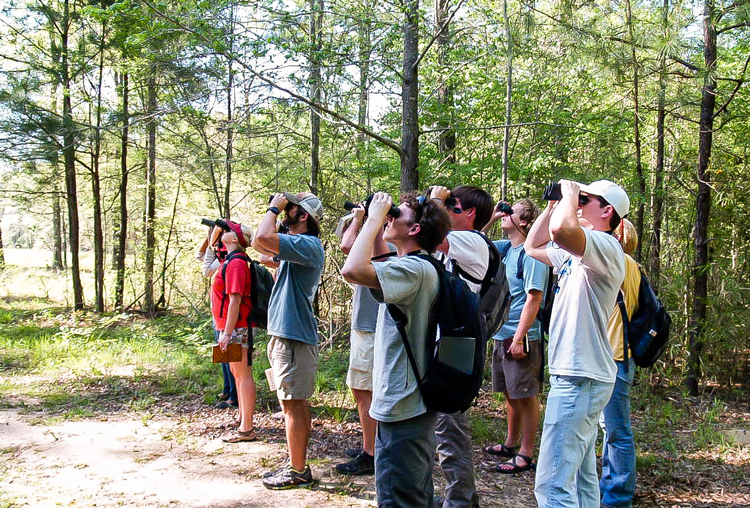
New College seminars focus on issues or themes that have no simple solutions. They encourage students to engage in complex ideas through readings, discussions, presentations, experiential learning, and public service.
Students are required to complete at least two lower-division seminars (200-level), two upper-division seminars (300-400 level), and one more from either level. Transfer credit cannot be applied to seminar requirements. All five required seminars must be taken through New College.
View a list of upcoming and recent seminar courses, with descriptions.
View a complete list of New College (NEW) seminars in the UA Catalog.
Thematic Areas
By graduation, every New College student should have taken at least one seminar in each of the following areas:
Creativity and Culture
These seminars explore the realms of human thought and expressive practice. They interrogate beliefs, values, and dispositions that comprise culture, and focus on essential questions about what it means to be human.
Seminars engage the following issues: the urge to create and to appreciate creativity; perspectives on class, gender, race, and place; and historical memory’s role in identity formation, politics, and ethics.
Environment, Sustainability, and Conservation
These seminars explore the physical world, especially relations among elements of the natural world, and focus on relationships between humans and their environment. Of special interest is the impact humans have had on the environment, including issues of climate change, resource depletion, and pollution. Besides identifying problems, seminars also interrogate pathways that avoid environmental destruction by promoting sustainability and conservation.
Social Problems and Social Change
These seminars explore the social world: the problems societies confront and the ways human groups cause and respond to social change. Specific areas of interest include
- the basis for cooperation and conflict within and between societies
- extremes of human destructiveness such as genocide and ethnic conflict
- historical dimensions or antecedents of contemporary problems
- civic engagement, social responsibility, and other means of promoting healthy communities